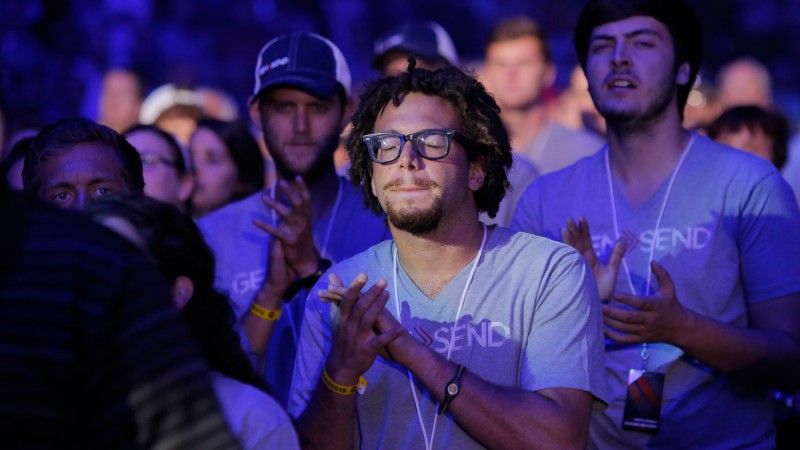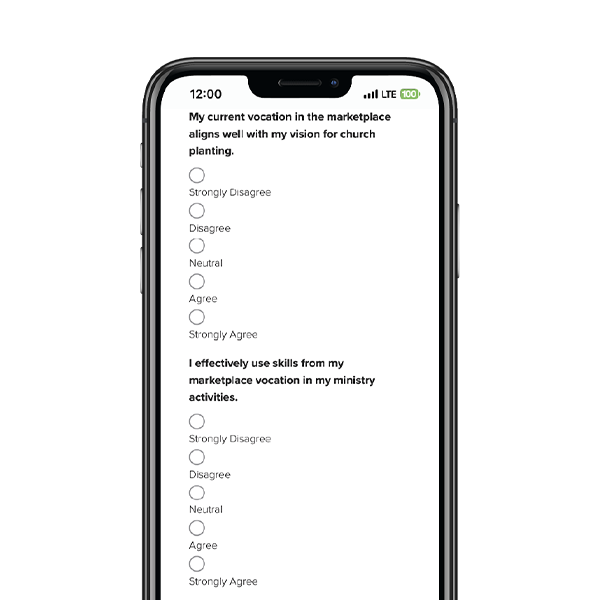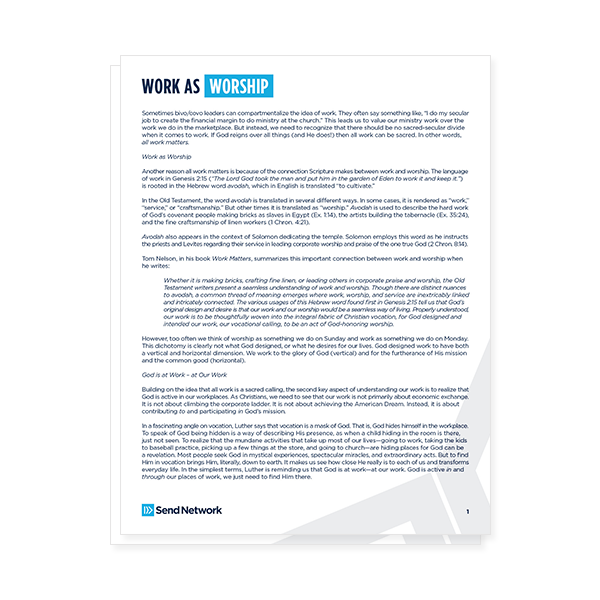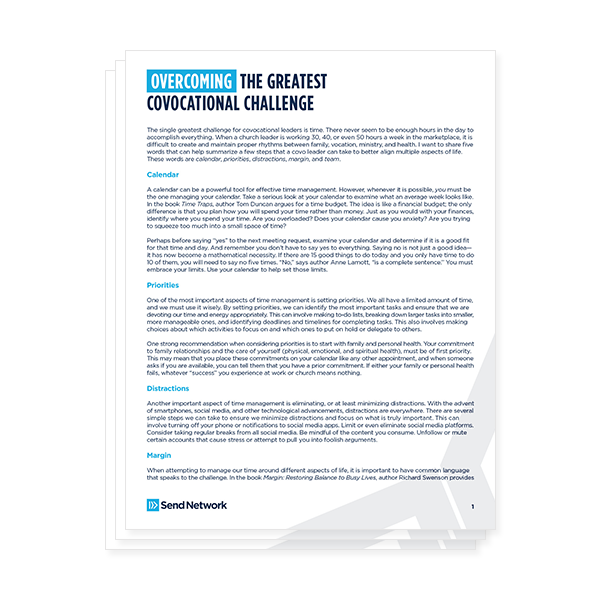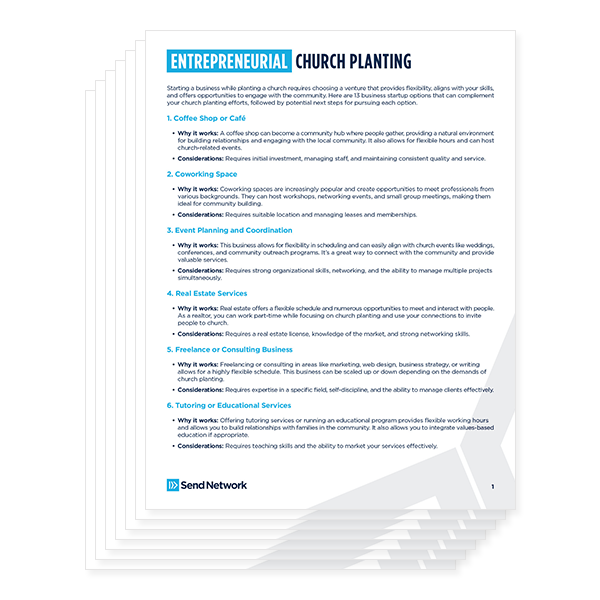Two and a half years ago, a meeting with a friend led to one of the most important phone calls I’ve ever made. I was on the way home from a lunch meeting, and I called my wife to tell her, “Baby, I think we need to pray about planting a church.” Her response was the same response I had given every other time church planting had been presented as an option to me; “No.” I told her, “I agree, but I think we need to start praying about it anyways.”
Over the next few weeks, God made it abundantly clear to us, He had been prepping us for this moment for the past five years, so we committed ourselves to planting a church. That was a really tough decision. And it was not the last tough decision we would have to make in the coming months.
A lot of tough decisions have been made over the past 30 months. We have moved away from all of our family while my wife was seven-months pregnant with our third child. We began raising support for our salary instead of maintaining a safe, secure job at a growing, healthy church. We had to decide what sort of church our community would need and how that vision fit with our gifting. We had to walk through what could only be called a core-team implosion in the sixth months we were on the ground, and we had to ask ourselves if that implosion was a speed bump, meant to check our speed, or a brick wall, meant to stop us from proceeding in this ministry. These were hard decisions, and every planter faces them. Some decisions will rack your soul as God stretches your faith, but, thankfully, some other decisions are downright easy.
Planting through and continually engaging with the Southern Baptist Convention was an easy one.
I want to give you three simple reasons I am leading our people to engage in the SBC.
- I have seen the SBC at its best, and it raised my bar of expectation. I have been privileged to see the Southern Baptist Convention from an angle very few people ever will. My father served in Southern Baptist Churches for about 30 years before he began serving with the Executive Committee in Nashville about 10 years ago. I grew up seeing local churches change lives and shape communities. Then I began working alongside my father for one week each June during the Convention, when I had a front-row seat to see how tens of thousands of those life-changing, community-shaping churches partner together to become the world’s best missionary-sending, pastor-training and church planting organization in the world. I have sat silently in rooms watching the most influential leaders of our convention discuss the needs, struggles and opportunities presented within every structure of the SBC. And let me report to you, our leadership—pastors of churches, seminary and entity presidents, state convention leaders and foreign mission directors—are men and women of the highest character and capability I have ever been privileged to see. Seeing the best of the SBC raised my level of expectation for ministries across the globe.
- Independence highlights limitation. There is no doubt in my mind that we can do more together than we can alone because I tried doing things alone. I was a part of a non-denominational church for five years, and I constantly felt the limit of our missional reach and sending capacity. All work is ultimately relational work. Whether starting a new ministry in the city, helping to plant a new church somewhere else in the state or seeking to invest our church in work overseas, our relational network was limited by our independence. I hear people talk about non-denominational churches like wild mustangs free to roam as far and as fast as they would like, but my experience was more like a dog with an invisible fence; I could see the world around me and desperately wanted to get there, but something was always holding me back. The church networks in my city offer fantastic local support, training and networking, but the SBC extends my reach.
- The SBC excels in the issues I care about. The SBC leads the way among denominations and networks in planting new churches, equipping pastors through theological education and enabling all churches to fulfill all of the Great Commission. Those three things are more than opportunities or programs; they are convictions. Those convictions don’t change depending on the size of the church I lead. My little church plant of 35 believers is involved in every one of those convictional callings through our partnership and support of the Cooperative Program. We give monthly in order to offset the cost of theological education for men called to the pastorate; meaning we are helping to equip the next generation of pastors to proclaim the Word of God. Our seminaries are the backbone of our convention’s future fidelity, and my church wants to ensure their success. Thanks to the direction of the North American Mission Board, our church gets to play both a supportive and active role in planting churches across North America Without the SBC, I don’t know how I would lead my merry little band of believers to fulfill the Great Commission by sending out well-trained, well-resourced planters to continue what God has done with us.
When I decided to plant a church, I had a lot of questions to answer. But, as I said before, whether or not to engage with the Southern Baptist Convention was one of the easiest to answer. We can do more, and we can do it better because of our place in the SBC family.
Published October 26, 2016
